Loopholes for producing fake and poor quality goods
According to the Food Safety and Hygiene Department ( Ministry of Health ), there are about 1,000 functional food production facilities nationwide. Since Decree 15/2018/ND-CP of the Government took effect, mandating the application of good manufacturing practices (GMP) standards in food production, the country has only 205 facilities certified with GMP, with more than 60,000 products.
From 2022 to present, the Department has granted registration acceptance certificates for more than 24,643 products, of which domestic products account for 84.7%; granted 205 certificates of food safety facilities meeting GMP requirements (still valid).
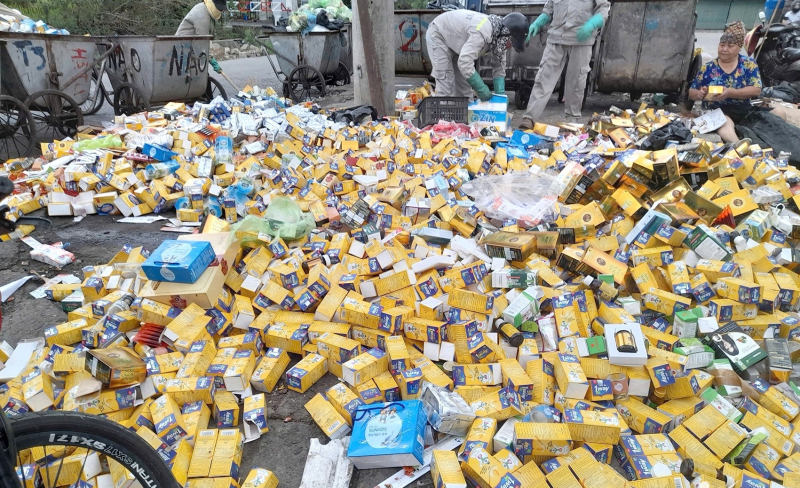
Based on the regulation that businesses are allowed to self-declare their products, for many years now, some subjects have begun to establish companies, then develop them into "corporations" to produce fake functional foods. Typically, the Ministry of Public Security's Investigation Police Agency prosecuted and investigated a fake functional food production and trading ring led by Nguyen Nang Manh, Director of MegaPhaco Company, Chairman of the Board of Directors of MediUSA Company. The investigation results determined that since 2016, Manh and the subjects established and operated many companies to legalize the production and trading of fake functional foods.
The subjects used the trick of printing on the packaging and labels of products imported from the US and Europe, but in reality, they were mainly imported from China and bought illegally on the market. Regarding quality indicators, many ingredients only reached less than 30% of the declared level. Regarding this case, the Investigation Police Agency prosecuted and temporarily detained many officials of the Food Safety Department, including the former Director.
One of the loopholes that has allowed counterfeit functional foods to thrive in recent times, according to the leader of the Food Safety Department, previously, businesses had to re-apply for a declaration certificate every 3 years, and if a company stopped producing, they would stop. But since Decree 15 took effect, a declaration once is permanent, and some businesses declared 50 products, but only produced 5 products; or if the production of this product could not be sold, they would stop without notice, and the management agency could do nothing about it. There were many declarations at the beginning of the dossier, but the actual production quantity was much lower.
Because of the fee for inspection, when registering to declare a product, businesses only need to submit a test report for safety indicators. For quality indicators, businesses do not have to declare but are responsible for themselves. When the product is released to the market, then there is a post-inspection stage. However, recent incidents have shown that there is laxity in post-inspection, even management staff colluding with the subject, causing serious consequences.
According to Mr. Nguyen Quang Trung, Deputy Head of the Hanoi Food Safety Department, the unit still conducts regular inspections every year, but mainly checks safety indicators. Post-quality inspections are when there are complaints, suspicious signs are discovered, or there is an inspection order from superiors. At that time, an inspection team is established without a plan, samples are taken for quality testing and violations are handled if any.
Many amendments to tighten management
The Ministry of Health has just drafted amendments and supplements to a number of articles of Decree 15, including a proposal to tighten the management of product declaration dossiers, similar to some European countries. Specifically, the agency receiving self-declaration dossiers must provide comments, publicly post them, develop a post-inspection plan, and conduct monitoring sampling if violations are detected. This regulation is expected to help better control the quality and transparency of products from the beginning.
In addition, Decree 15 currently classifies dietary supplements as prepackaged processed foods and allows self-declaration, without requiring product declaration registration. This is a loophole for businesses to take advantage of, falsely declaring product groups or processing functional foods into dietary supplements to avoid inspection. This revised draft clearly stipulates that dietary supplements must register product declarations before being circulated, and must also have their advertising content and uses controlled to control misleading information for consumers.
For health protection foods, medical nutritional foods, and foods for children under 36 months old, the new draft requires additional control of ingredients, safety indicators, and product uses right from the research and development stage, and mandatory registration of declarations before circulation. At the same time, facilities producing this special food group must meet international standards such as HACCP, GMP, ISO 22000 or equivalent, instead of just requiring normal safety conditions as before. This helps ensure quality and safety at a higher level, similar to developed countries such as the European Union and some other countries.
The Ministry of Health also proposed to amend and supplement the requirement to test both safety and quality indicators at the same time. In particular, it specifically added requirements for planning, periodic post-inspection, and surprise post-inspection; increased authority for testing facilities to proactively collect monitoring samples; and required data connection between the Ministry of Health, other ministries, sectors, and local authorities via the National Public Service Portal, for consistent management from central to local levels.
Source: https://cand.com.vn/Xa-hoi/can-che-tai-du-manh-de-siet-quan-ly-thuc-pham-chuc-nang-sua-bot-i773694/

























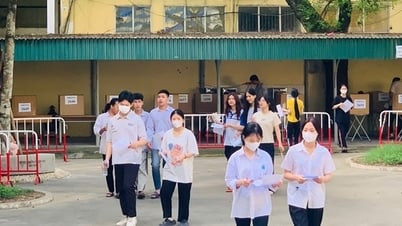















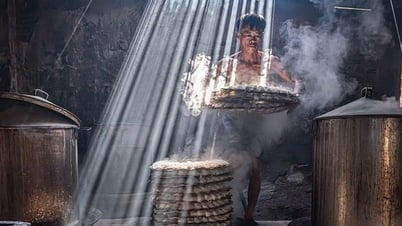




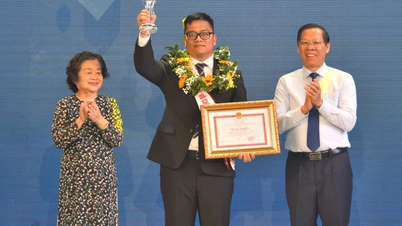








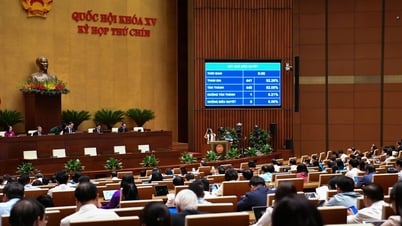



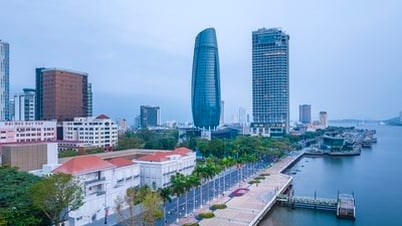



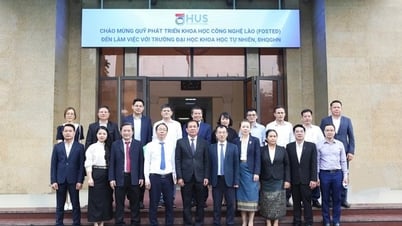
















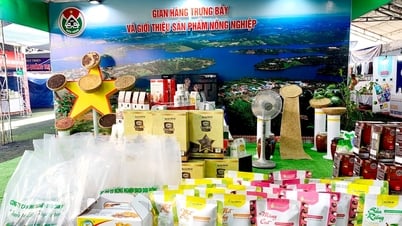


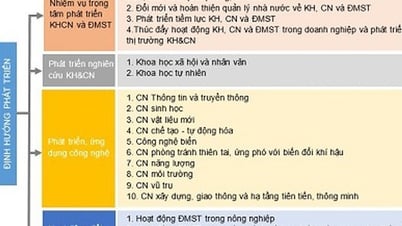

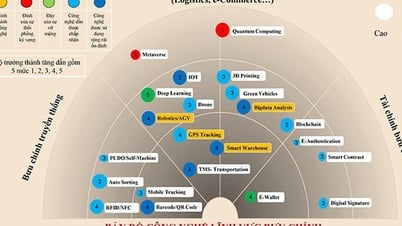
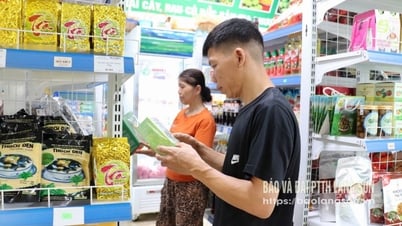






Comment (0)